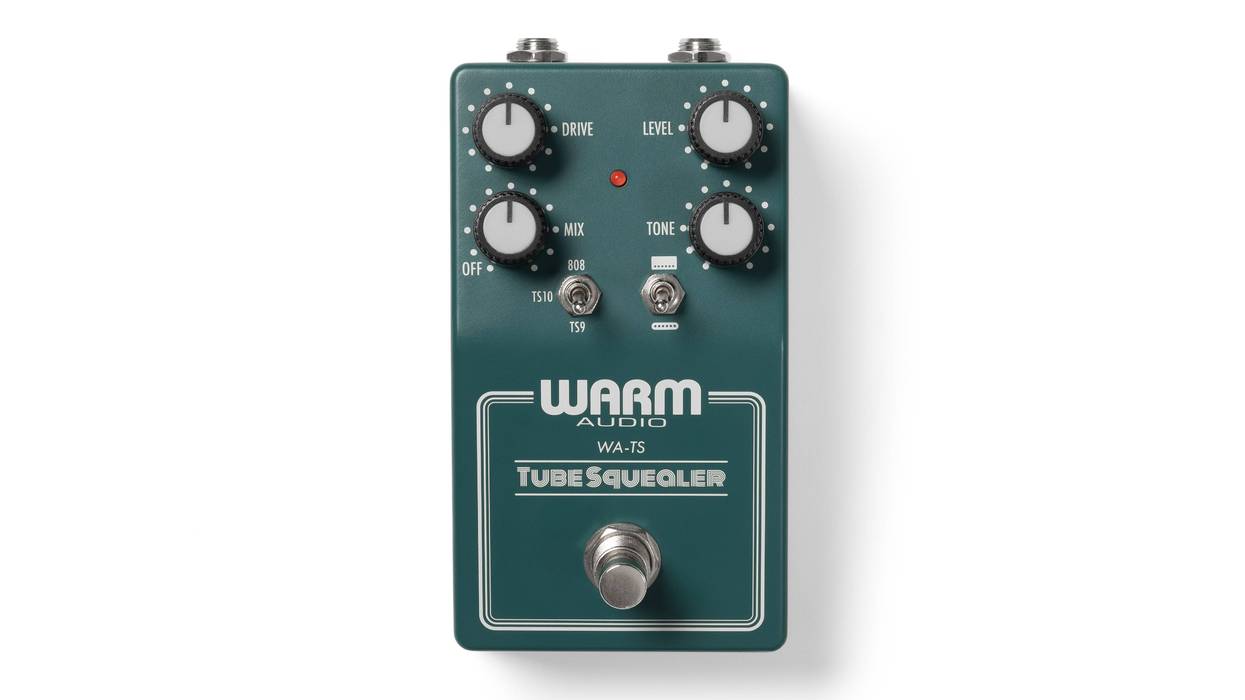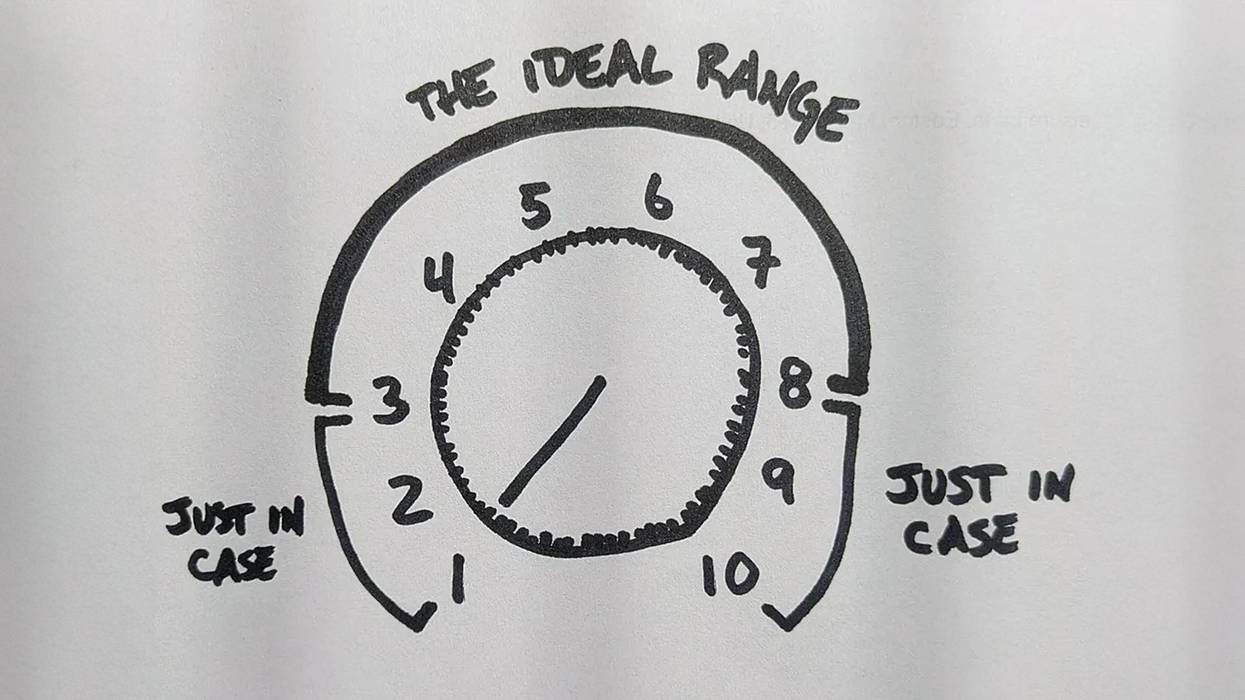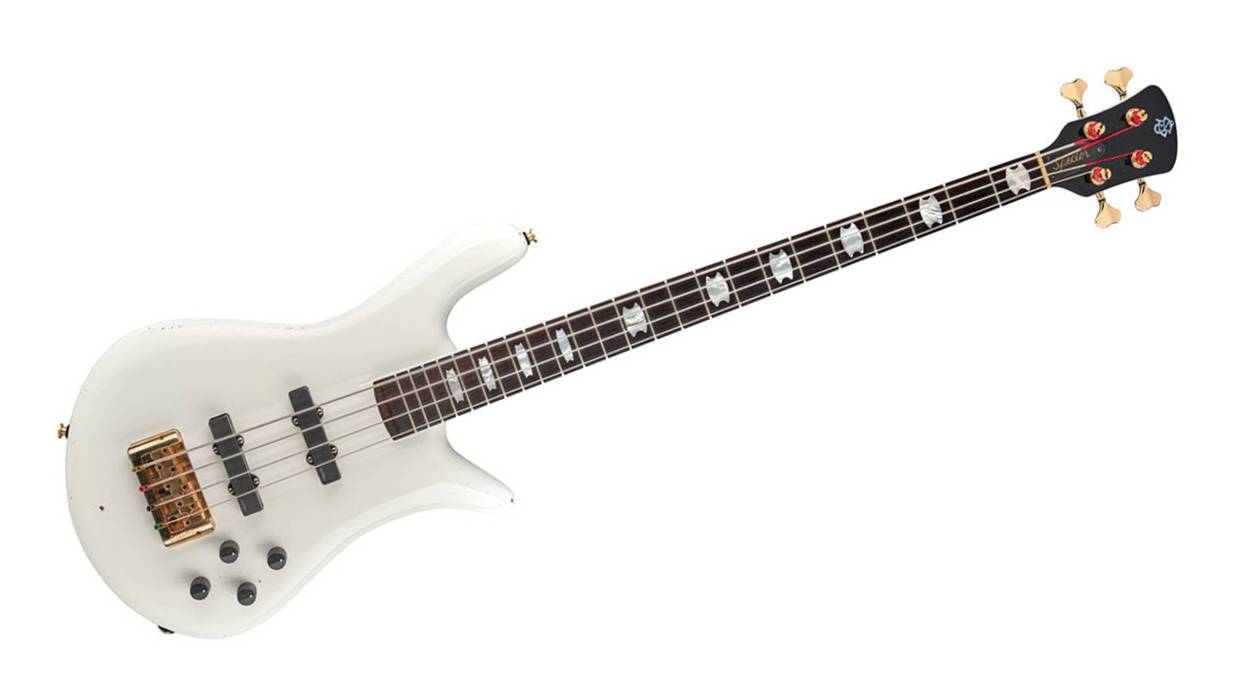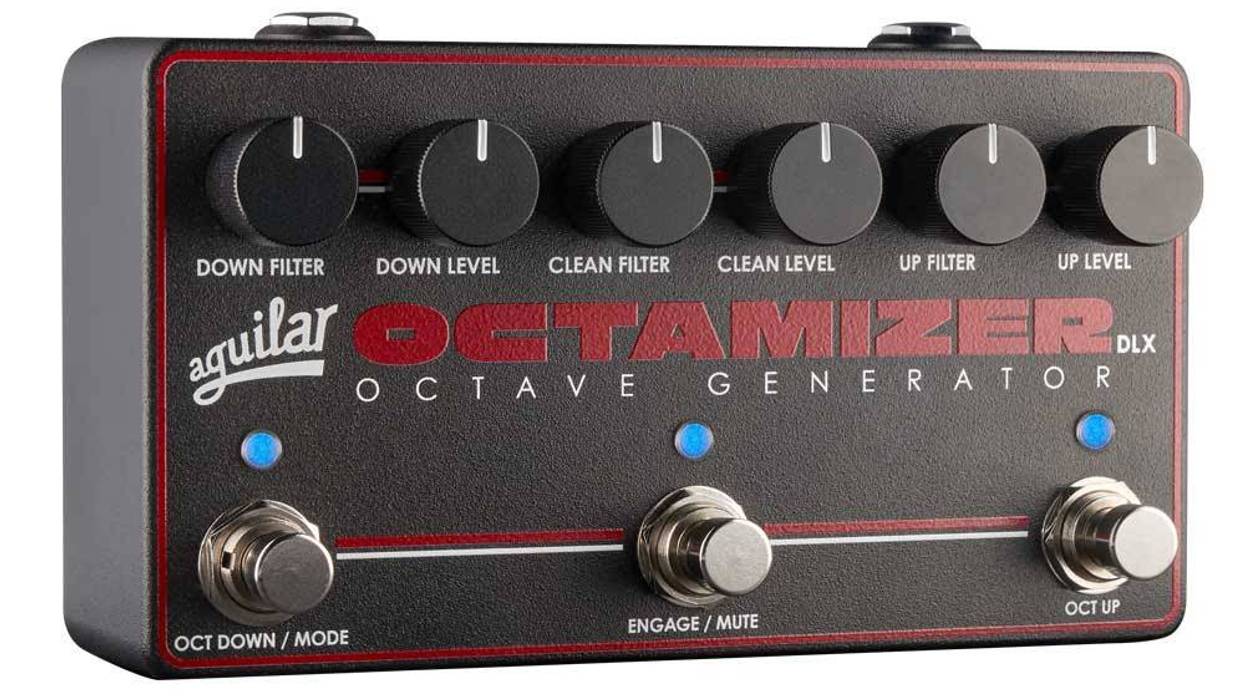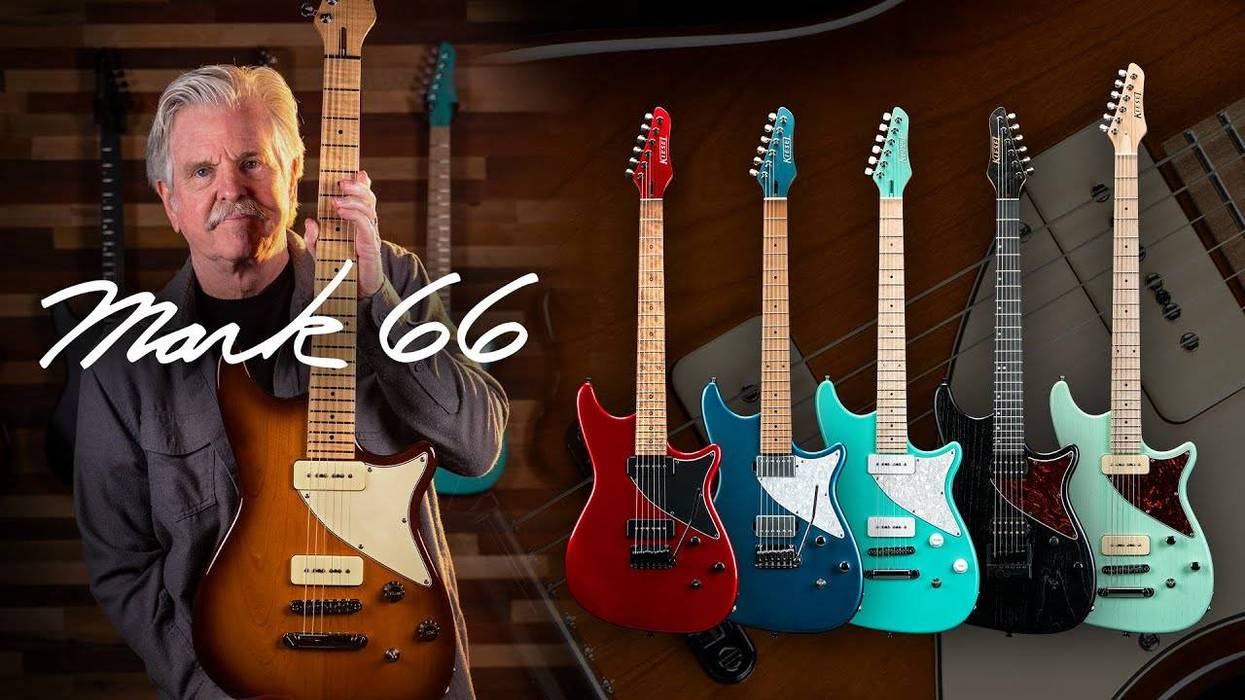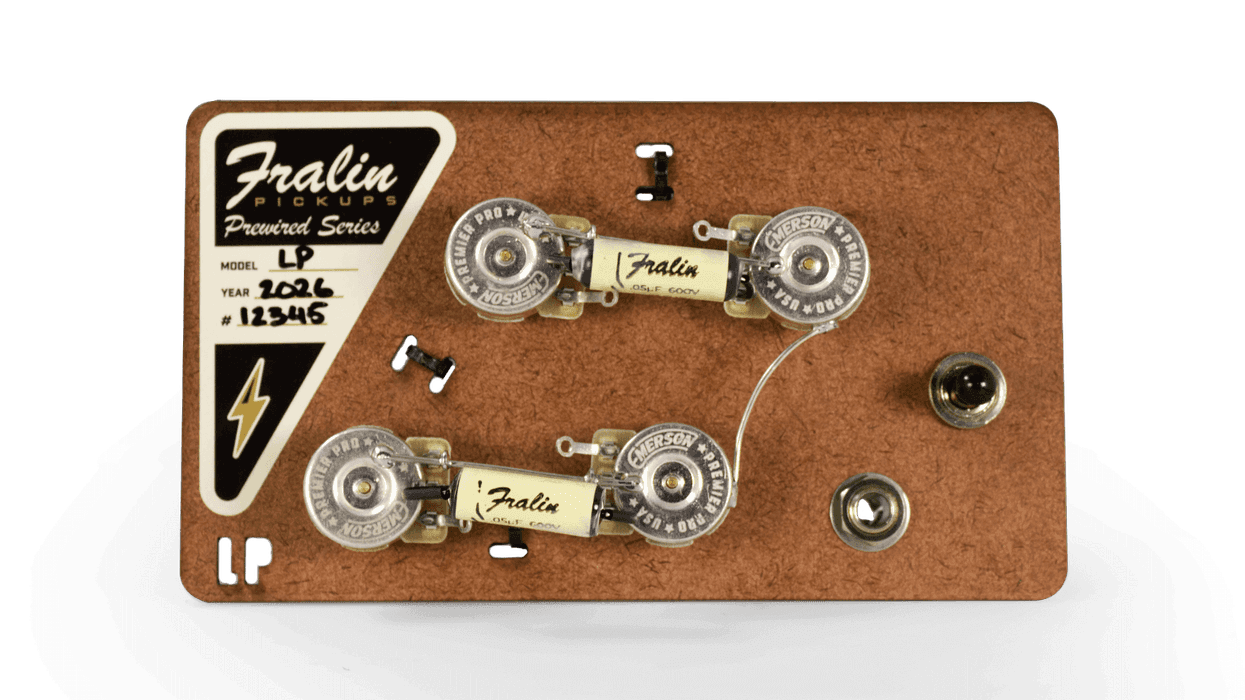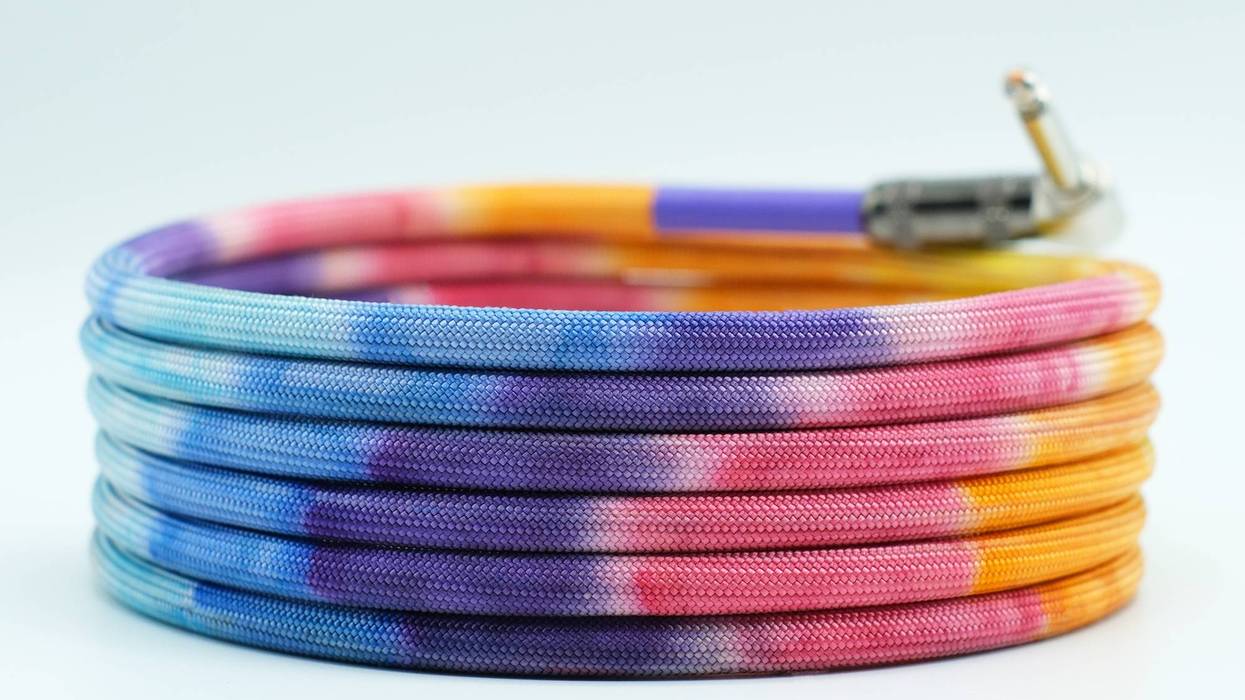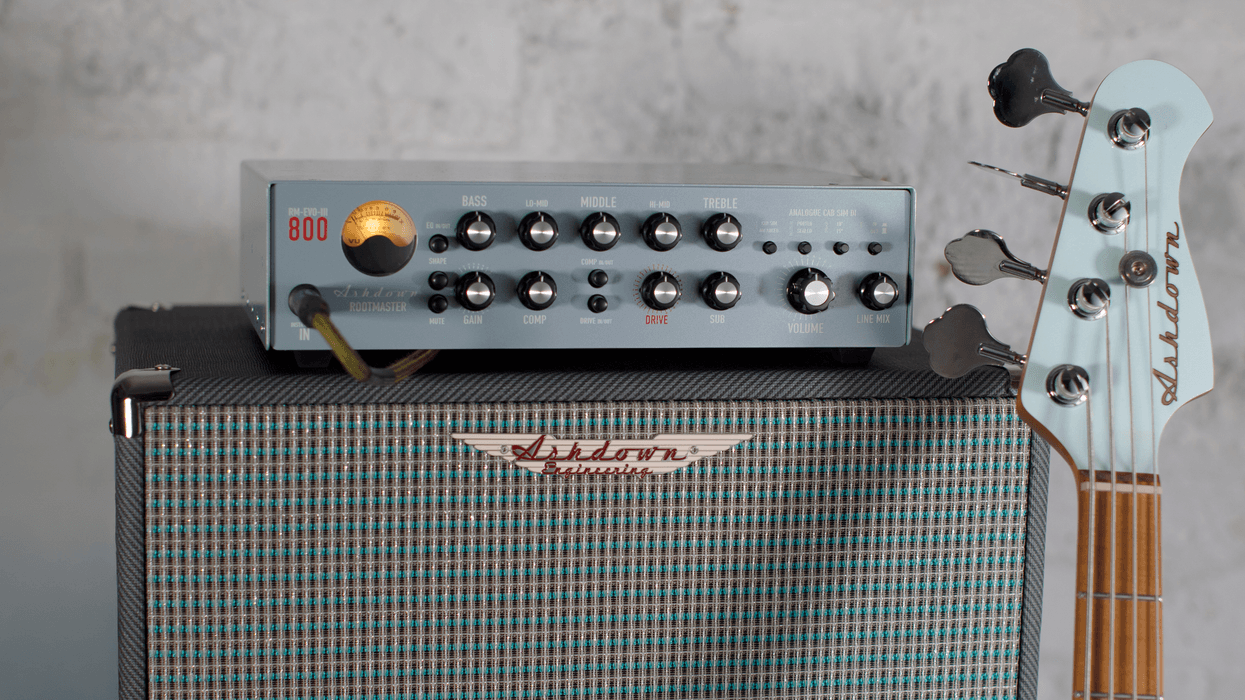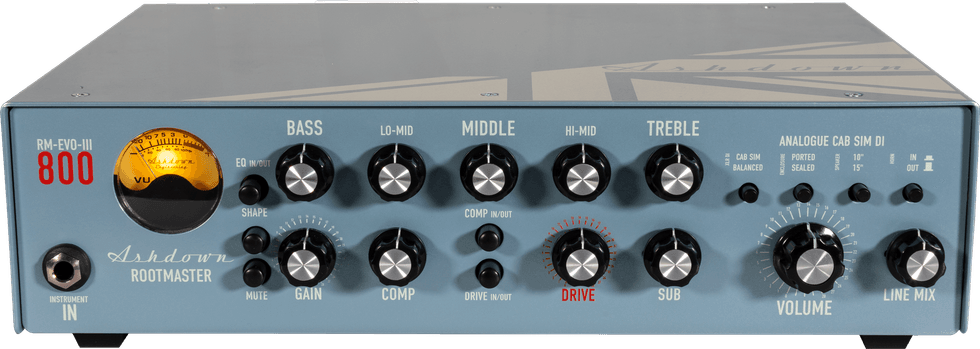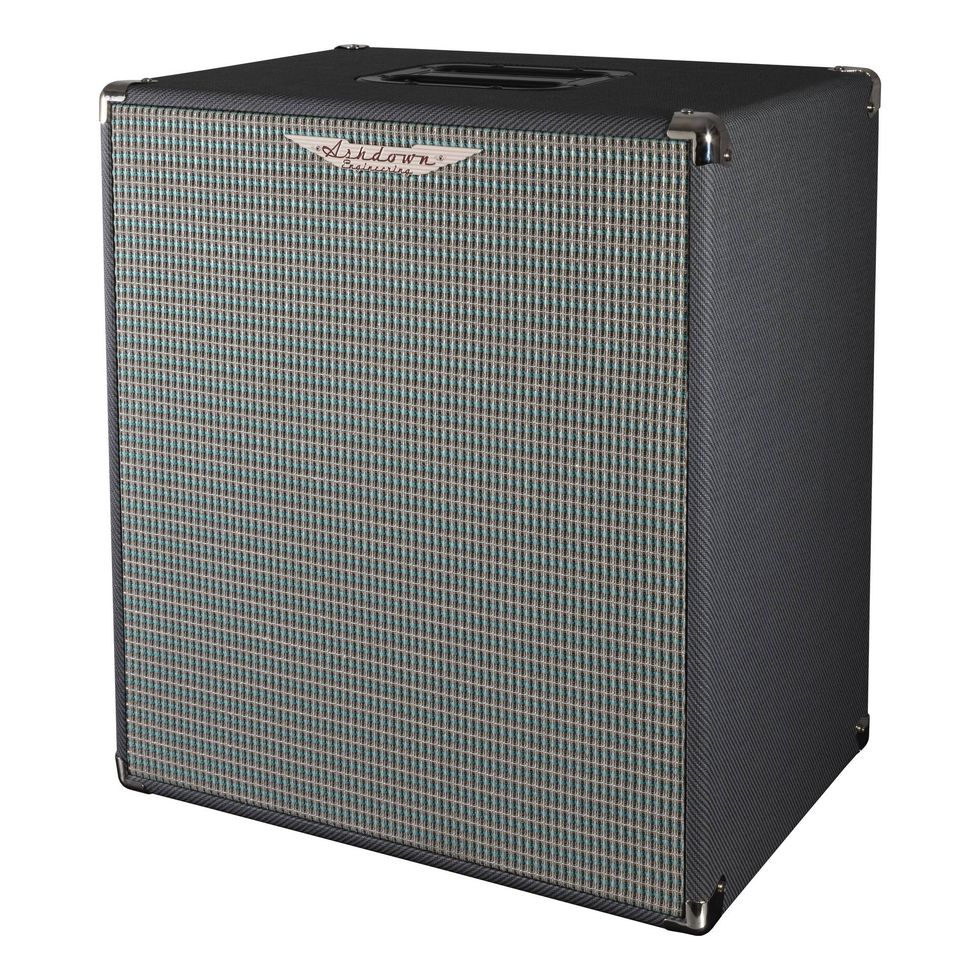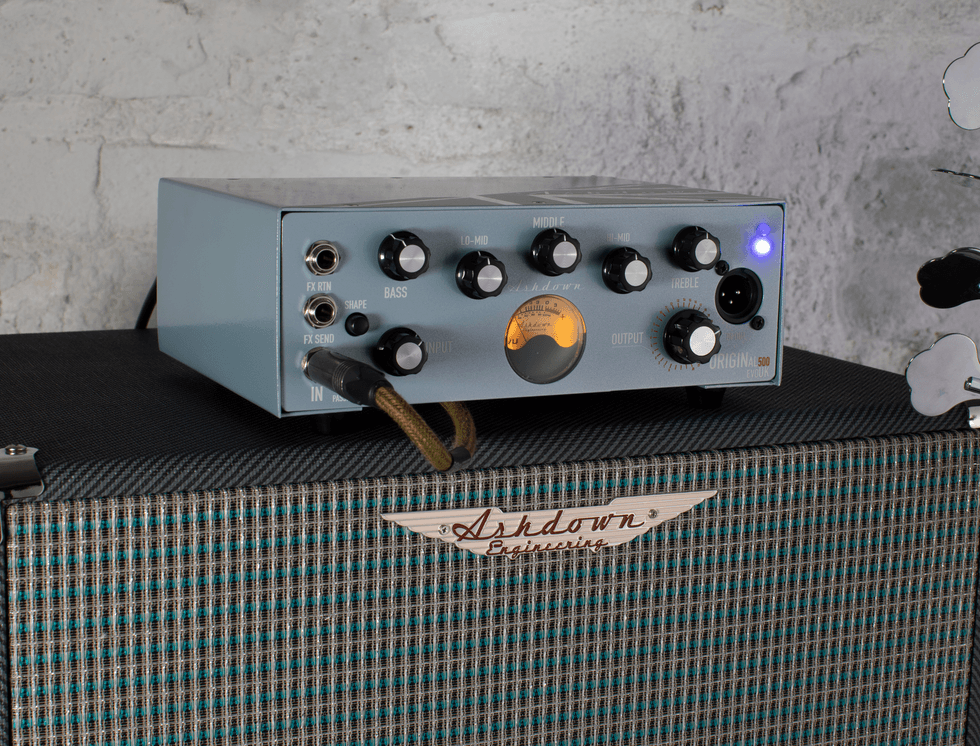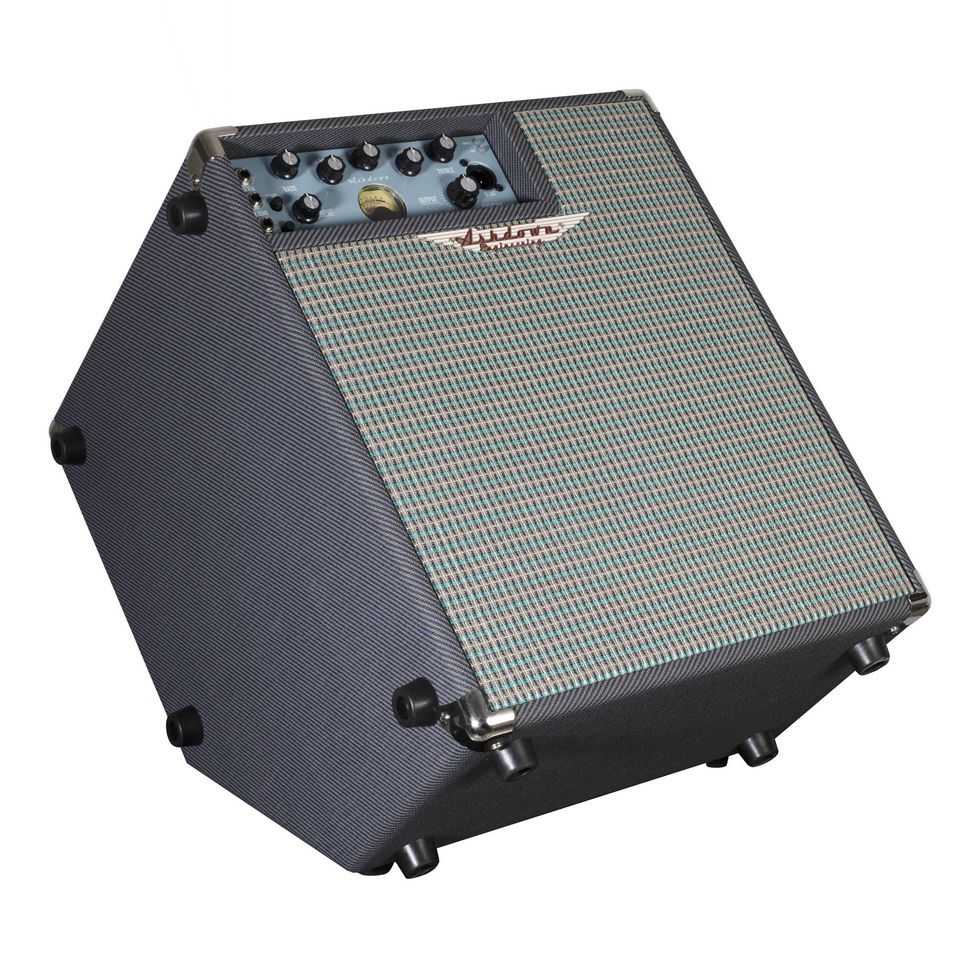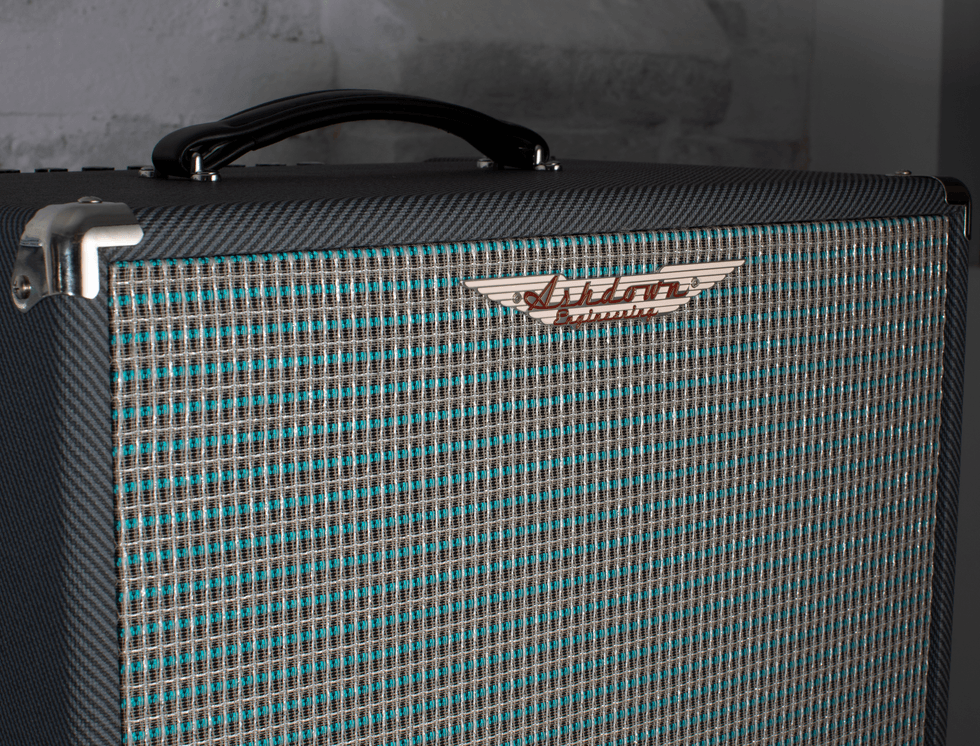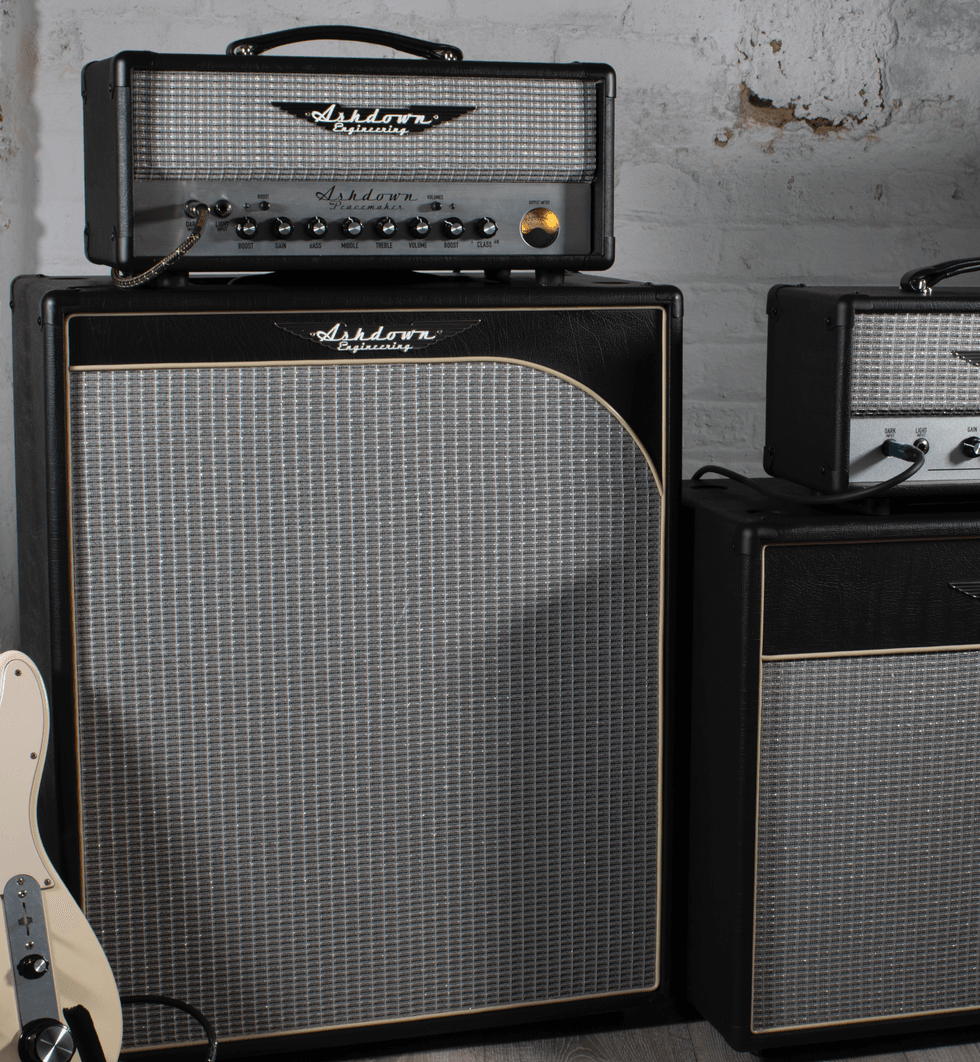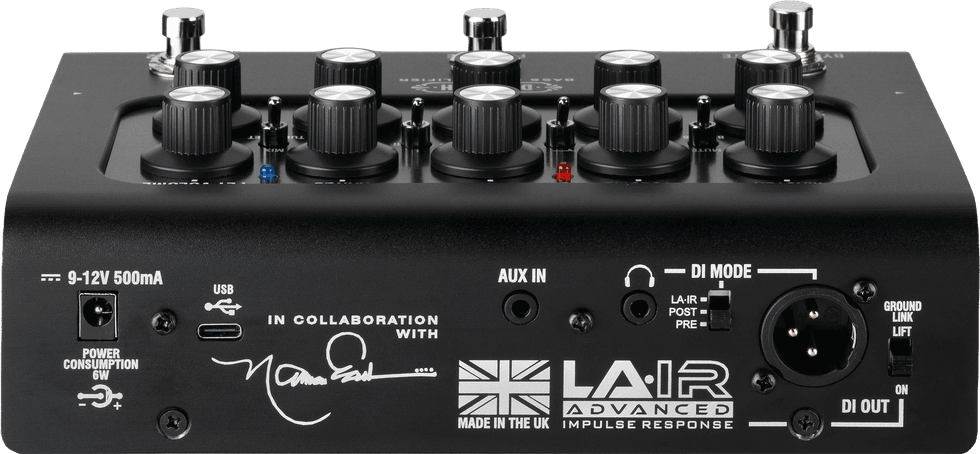So, you’ve moved to a new town or perhaps found that your current guitar or amp tech isn’t quite up to your standards. Maybe you have a particularly special project that you simply would not trust to just any repair shop. If you live in a larger city, you may have the luxury of having access to several decent facilities to choose from. If not, perhaps you’ll be scanning the internet and be considering shipping your beloved instrument to someone in another town, state or even country.
Regardless of your circumstances, sifting through the ads, chat rooms and endless recommendations by people you know only as as guitarslayer123 from some forum can seem to be a daunting task.
Here are a couple of things that you should expect and a couple of common misconceptions that we, in the business, see regularly. Keep in mind that these are only our observations, posted in hopes to shine a light on the industry and get you thinking. Ultimately you must make your decisions based on your own research and what your gut tells you.
The Basics
A good shop should be capable of offering a selection of basic to comprehensive repairs, the quality of which to meet (or exceed) your expectations and to be completed in a timely manner. The staff should be attentive and willing to answer questions, take the time to help educate you on the options that are available and keep you up to date on the status of your repair. A professional estimate should be written at the time of drop off and a timetable should be agreed upon. Generally if you don’t feel comfortable when you first walk in the door, perhaps this isn’t the right place for you.
“Well, they seem like jerks but they do work with famous people. They must be good…”
Or, perhaps they're just jerks. You and your project should be treated with respect from the beginning. Inflated egos should not be tolerated in this line of work. Our job is not to make a personal judgment on an instrument that you may have a deep attachment to for whatever reason. That’s not to say that one should wear blinders and be unrealistic when evaluating an instrument. It just means that a guitar, amp, effect, organ, or whatever, is ultimately a tool to be used by the musician to make music. In the end, the correct tool for a given purpose is a good tool!
"Because a shop does warranty work for major brands, they must know what they're doing."
The reality of the matter is that the big corporations that produce some of the most popular instruments don’t pay the warranty facilities very well at all. For the most part it is a fraction of what a high-end repair shop would make on the repair if it were a standard transaction. In many cases there is also a cap put on the billable time that a shop can put into an instrument no matter how difficult or tedious the job. True, the company manufacturing the instrument expects a certain level of competency from its warranty facilities, but with limited time and resources, which job would you put your best tech on?
We have a rep for a big high-end manufacturer who chooses to use our shop versus the warranty shop (for his company) when it comes to repairs on his personal instruments simply because he feels the work is better. The boutique brands are a little different however. They tend to pay a fair wage per job and are a little more selective when finding a shop to do warranty work for them. Most owners of boutique companies have a very personal interest in having customers thrilled with their product. Their business decisions are made more often with the heart then with a calculator.
"Repair shops are only for, well… repairs."
If you think about it, a top quality shop should have the skills to be able to repair or replace almost any part on your instrument so well that one would be hard pressed to differentiate between the original factory part and the replacement. Therefore, what better place to have your instrument custom fitted to you? Perhaps you have special requirements for a neck profile or maybe you’ve been trying to create your own signature tone. A diverse shop should help you on everything from recommendations on strings, size/type of frets (for playability and tone), pickups, special caps and pots, to your effects chain (true bypass, buffers, power supplies), cabling, amp mods, tubes, caps, speakers etc. Almost everything on your rig plays a part in its tone. Even the power cords! An observant technician that has been around for a while has had their hands in many types of guitars/amps and has a unique perspective on what works in a given design and what doesn’t. We often recommend that players on a budget buy lesser-priced instruments to be modified with better frets, bone nut and possibly electronic work at a later date. This not only saves the customer money but also usually yields a better sounding/playing instrument in the end.
One last suggestion would be that once you do find someone whom you're comfortable with, try and develop a lasting relationship with them. The longer they know you and the more work you do with one another the better the understanding and ultimately the more personalized and tweaked the jobs become. Few things in life can be more personal to you than your music and in a world where life and business is becoming less and less so, you owe it to yourself to get the attention you deserve.

schroederguitarrepair.com
312-226-9668



